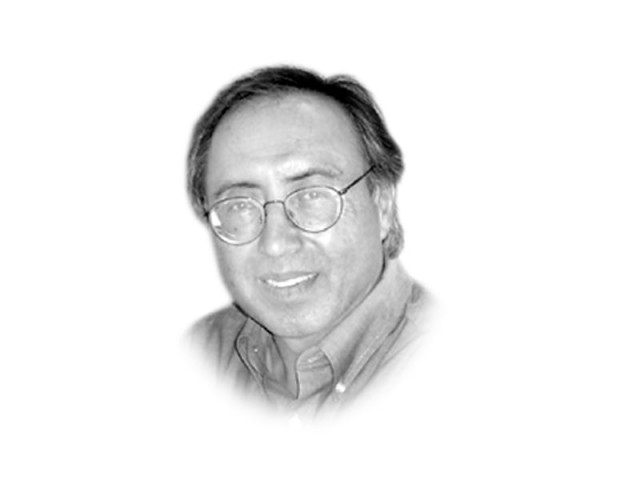Do citizens matter?
Unless citizens become aware of their rights & power, and develop a strong civic sense, governance will never improve

The writer is a professor of political science at LUMS
This is the reason why our rights as citizens are infringed upon. The ruling elite, facing no real challenge to their power, do nothing or do only that, which is populist to seek popular acceptance. They have perpetuated a political culture of passivity in society. How? When we demand our rights over certain issues, complain about the poor delivery of services, and get no justice in the courts, it makes no difference. If anything moves in the public offices, it is by ‘greasing’ of palms, or because one is well-connected through the agency of an influential family member, friend or politician. Over the decades, governments, both elected and military, have promised improved governance through innovative reform packages, but eventually they affected no substantial change.
Unless citizens become aware of their rights and power, and develop a strong civic sense, governance will never improve. We continue to live with an illusion that party-based ‘democratic, governments being in competition with one another will somehow improve the quality of public services, bringing about structural reforms, collecting more taxes, ending corruption and generating economic activity. As along as the same elite class dominates the rank and file of political parties, and form the biggest bloc of electable candidates, the citizen will remain at the receiving end. No major change in state-society relations is possible from the top. The push will have to come from below, from citizens organising themselves into associations and civil society groups that raise their voices through better networking. While civil society associations of various types have proliferated, they have yet to create a critical mass that forces governments to deliver.
Governance is the main channel through which citizens are connected with the political order. When it is weak, as it is in Pakistan, the relationship between citizens and the political order remains weak. This also results in the weakening of the legitimacy of ruling groups. There are basic things that we demand as rights — education, health and justice. Then there are other problems, like uncollected garbage, sewage flowing into streets, broken streetlights and unkempt parks. Resolving all these isn’t an issue of resources: it is an issue of poor governance and lack of accountability. The passivity of citizens makes the political class invulnerable.
Published in The Express Tribune, October 1st, 2015.
Like Opinion & Editorial on Facebook, follow @ETOpEd on Twitter to receive all updates on all our daily pieces.















COMMENTS
Comments are moderated and generally will be posted if they are on-topic and not abusive.
For more information, please see our Comments FAQ